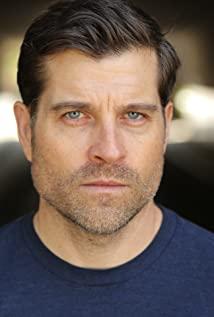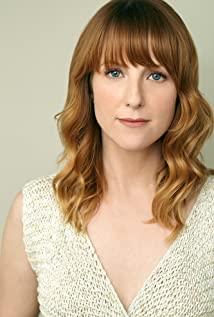Joe's somewhat neurotic self-talk runs through the series, which at first feels like a sociopath; then it feels like he's trying to convince himself; only to hear how desperate he is to be loved.
The world is too cruel for him, which makes him put too much imagination into the person he loves and finally becomes the norm. He can see the strengths and passions in the heart of the person he loves, he sees the mess in life is just because of those friends she was forced to choose consciously or not, he wants to "save" her, love is more important, so everyone else becomes a disembodied obstacle, and life is better without the one he loves.
His passion for others may have allowed him to experience redemption again and again, and sacrifice has given him a sense of self-fulfillment. but what if they cannot give it back? How should he respond? This kind of love can easily turn into hate, because I love you, so I am willing to put myself in danger, but you who I love will throw me, who is in danger because I love you and protect you, into the abyss. then you are not the one.
Is Joe a good guy? He is kind, intelligent, a listener, and an observant. Is Joe a monster? He followed, peeped, and had the blood of six people on his hands. He is a collection of countless contradictions. The manager of a traditional bookstore is also very proficient in how to use social media to feed one dead person after another; incomparably longing for love but ruthlessly tearing apart life one by one: as long as Beck understands himself and says he loves him, he will let her out, but in any dialogue When I have my own inner monologue, there are ten thousand times more than what I say.
Is he wrong? The answer to this question is actually not obvious.
View more about You reviews











